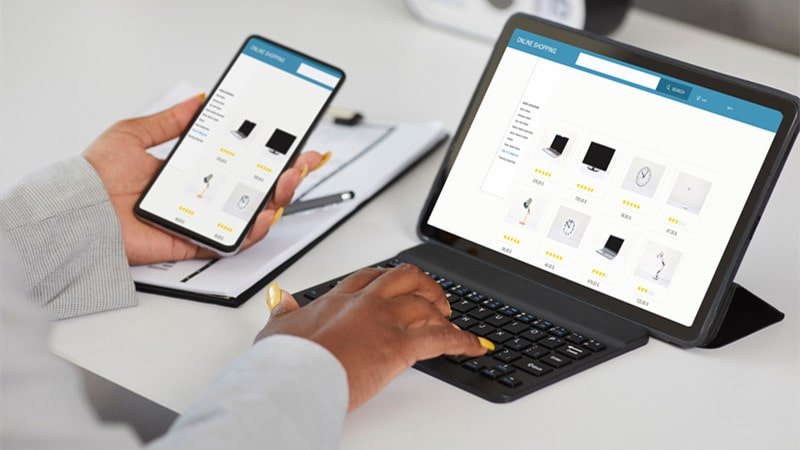Every specialist practice is made up of different individuals and personalities, all working together to provide the best possible care for patients. It goes without saying that it takes a lot of dedication and hard work from each team member to ensure their practice runs successfully.
In today’s healthcare landscape, there’s an ever-increasing emphasis on patient relationship management (PRM)—the process of building and maintaining relationships with patients in order to foster loyalty and trust. PRM can be a powerful tool when it comes to creating a positive experience for your patients and ensuring they return time after time to your practice.
However, proper implementation of PRM can be challenging for many specialists, particularly those whose practices are just starting out or don’t have the resources to hire additional staff. It’s essential that specialists recognise the importance of PRM, along with the right specialist practice software, and make it a priority in their practice if they really want to stand out in their field and maintain patient loyalty.
In order to understand why PRM is so important, we need to look at the ways it can benefit specialist practices:
Improved Patient Satisfaction
Good customer service is fundamental for any business, but especially in healthcare where trust plays such an important role. Studies have shown that satisfied patients are more likely to remain loyal customers and recommend your practice to others.
When you invest time and effort into building strong relationships with your patients, you can improve their overall satisfaction with your practice, which will lead to increased loyalty and referrals. This will not only benefit your practice financially, but it will also create a strong sense of community within the practice.
Reduce Wait Times
It’s common knowledge that long wait times are one of the biggest frustrations for patients when it comes to healthcare. By strengthening patient relationships through PRM, you can reduce wait times and increase efficiency.
When patients feel valued and respected, they’re more likely to show up on time and be considerate in their interactions with the staff. This minimises disruption in the waiting room and ensures that care is delivered in an orderly fashion.
Boost Referrals
When patient relationships are strong and positive, patients will be more likely to refer others to your practice. Word-of-mouth referrals are an invaluable source of additional business, so make sure to invest in strong patient relationship management.
Create a Positive Brand Image
PRM can help create a positive brand image for your practice. A good reputation is important when it comes to attracting new patients and retaining existing ones. People will naturally seek care at a practice where they feel valued and respected than one that’s indifferent or unresponsive.
The importance of PRM cannot be understated in specialist practices today, as it can provide many tangible benefits for both the practice and its patients. By investing in PRM, you can improve patient satisfaction, reduce wait times, boost referrals and create a positive brand image for your practice.
Ultimately, PRM is about investing in relationships with patients in order to provide the highest quality of care possible. By taking the time to nurture patient relationships, you can create a positive working environment for everyone involved, which will ultimately benefit the entire practice.
And as technology continues to evolve, there are more resources available than ever before to help specialists better manage their patient relationships.




